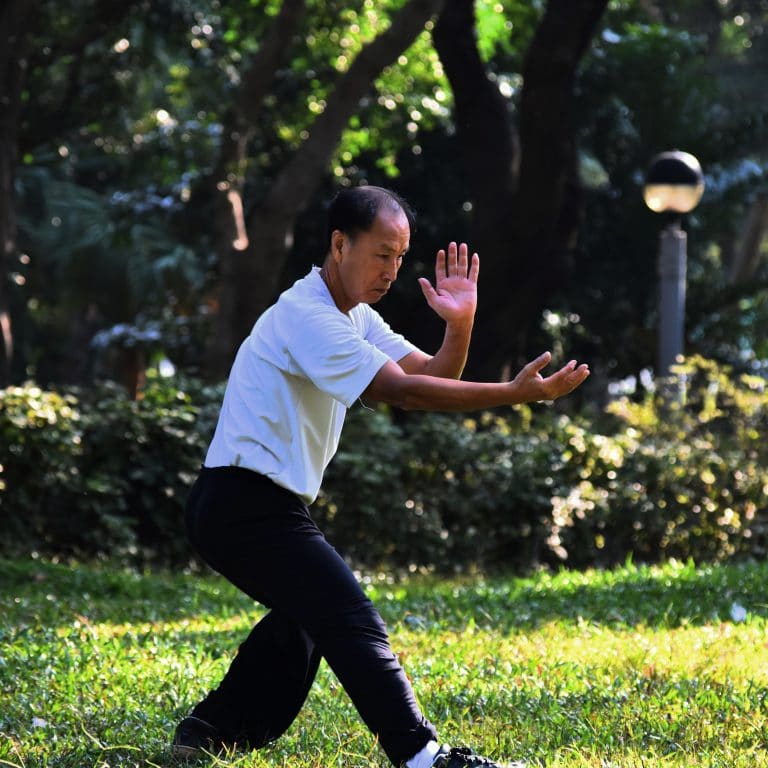An older adult ends up in the emergency room due to a fall about every 11 seconds in the United States. Falls are the leading cause of accidental death among the elderly, and can result in a variety of injuries with long-term consequences.
“There’s such a high risk of dying in the first year after a hip fracture,” explained Leah Witt, M.D., geriatrician, pulmonologist and assistant professor of medicine at the University of California, San Francisco. “Plus, people often aren’t able to function as well and aren’t as independent as they were before the fall.”
Furthermore, older adults are at a higher risk for traumatic brain injuries (TBI) because the brain shrinks with age, leaving more room for it to move within the skull during a fall, and because blood vessels are more fragile and easily injured.
Fortunately, there are strategies to help prevent the tragedy of a fall.
Strengthen Important Muscles
Exercises that enhance gluteal, leg and core strength help with balance by making it easier to catch yourself before you fall. They also help with everyday movements like getting out of bed, lifting yourself off the toilet and getting into your car.
One 2017 study published in BMJ Open found that practicing tai chi, a form of martial arts that involves slow movements and shifting weight from one leg to the other, significantly reduces the risk of falling in older adults. The more it is practiced, the more protective it is; practicing at least twice a week has shown positive outcomes.
Practice Getting Up
A more convenient and cost-effective way to strengthen these important muscles is to practice for falls. Three to four days a week, sit or lay down on the floor and practice getting up. Aim for about 10 times, but start with as many as you can. If you have difficulty at first, practice next to a bed or other stable object to hold onto.
Keep Sense Sharp
Vision and hearing loss make you less aware of your surroundings and more susceptible to tripping and falling. Be sure to get an eye exam every year and a hearing test once every three years, or more frequently if you notice changes. Treat these problems with prescriptive eyeglasses and hearing aids to stay safe.
For more tips to help prevent falls or to schedule a hearing test, call the experts at SH Audiology today.

